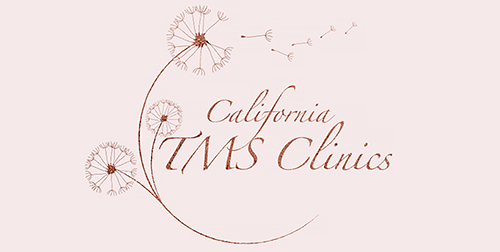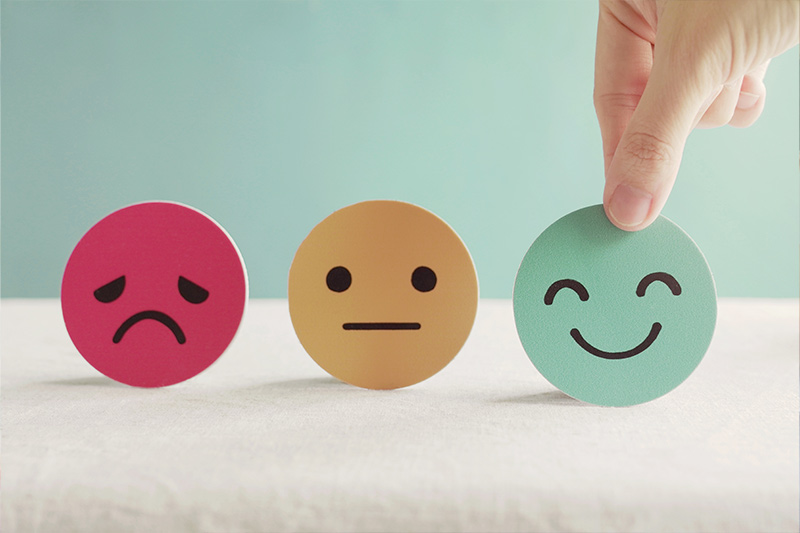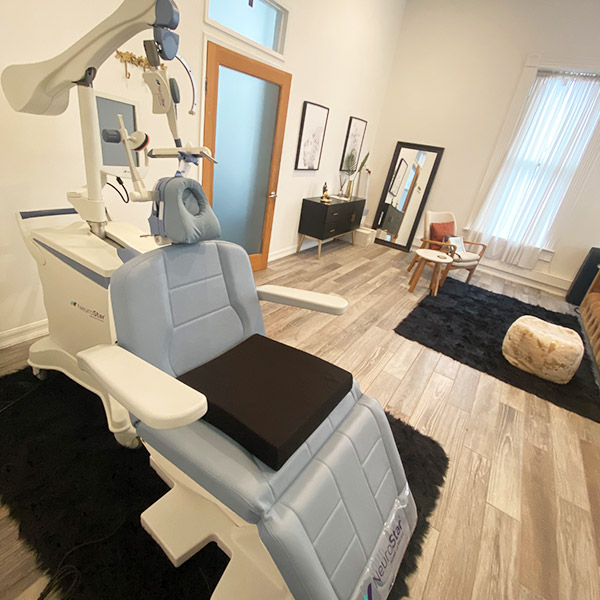TMS in Santa Monica, LA, Beverly Hills: Towards Future
TMS therapy is being heralded as the future of depression treatment. TMS is also a safe and successful treatment for a variety of other behavioral health issues. This method is becoming increasingly popular as it treats a variety of mental disorders with little or no side effects, including obsessive-compulsive disorder, post-traumatic stress disorder, anxiety disorders, and insomnia.
Below we take a brief look at TMS therapy, so read on if you need TMS in Santa Monica, LA, Beverly Hills.
TMS for Anxiety
In recent years, TMS's benefits for anxiety disorders have been proven through numerous studies (clinical & otherwise). It’s important to note that cognitive-behavioral therapy (CBT) and anti-anxiety drugs have proven ineffective in some folks. On the other hand, TMS has proven its potency and efficacy, and hence, is frequently employed to treat anxiety when other treatments (drugs, CBT, etc.) have failed.
TMS therapy is not a cure for anxiety, but it will help an individual live a better life by reducing symptoms and improving quality of life. TMS therapy also minimizes the adverse effects of anxiety drugs if the patient is on any while undergoing TMS.
TMS therapy can curb anxiety and its symptoms from becoming severe/unmanageable, enabling individuals to proceed generally with their careers, relationships, and day-to-day activities. Simply stated, it controls emotions and prevents becoming overwhelmed by unreasonable impulses.
TMS for Depression
Major depressive disorder (MDD) is a common psychiatric condition associated with high rates of morbidity/mortality. Many depressed patients are resistant to treatment. Often, they've tried many, or perhaps even most traditional treatment approaches, including talk therapy, cognitive behavioral therapy, drugs (SSRIs & SNRIs), and lifestyle modifications (regular exercise, a good diet, and daily exposure to sunlight) to little avail.
Treatment-resistant depression occurs when psychotherapy, drugs, or a combination of the two are unable to control the symptoms of MDD. Patients suffer adverse functional outcomes, including increased unemployment, suicidal thoughts, alcoholism, and unstable relationships as a consequence.
TMS therapy may not be able to entirely cure depression, but it can undoubtedly help manage the symptoms. Electromagnetic induction is used in this approach to stimulate neural cells and alleviate depressive symptoms.
TMS is a highly successful approach to treating depression in numerous clinical trials. The Food & Drug Administration has authorized/approved the treatment of MDD with prefrontal TMS therapy (repeated every day for 4-6 weeks) as a licensed brain stimulation technique.
TMS for Insomnia
Insomnia disorder is a sleep condition marked by trouble falling and staying asleep, waking up early in the morning, or sleeping in a poor-quality non-restorative manner. Compared to regular sleepers, individuals with the disorder frequently experience clinically significant emotional pain or daytime dysfunction, such as exhaustion, poor cognitive function, behavioral issues, and uneven performance.
These patients are also at a higher risk for a variety of physical and mental health issues ranging from heart disease, brain conditions, and obesity to depression, anxiety, suicide, and addiction. TMS is a novel and highly effective treatment for primary chronic insomnia.
It’s a non-invasive treatment utilizing magnetic pulses to activate the part of the brain that governs mood and modulates emotional reactions. This method has been demonstrated to induce the brain to produce slow waves associated with falling asleep. Slow sleep waves promote deep sleep and regeneration, allowing the brain to restore and save memories from the previous day.
TMS reduces brain activity in the part that causes insomnia, resulting in better sleep. Instead of overwhelming the brain with chemicals, it only targets the circuits implicated in the problem. Our highly trained specialists have extensive expertise utilizing TMS in Santa Monica to treat insomnia and sleeping problems. Therefore, please get in touch for a free consultation.
Promise of a Better Future
TMS works by stimulating the activity of nerve cells in the brain, helping improve depression symptoms. It may also be effective for disorders such as OCD, anxiety, insomnia, and PTSD. The procedure may even aid with motor dysfunction, making it useful for Parkinson's disease, Multiple Sclerosis, and stroke recovery.
TMS produces a clinically relevant response in about 50 to 60 percent of patients with mental disorders who have tried and failed to find relief from medications. About a third of them go into complete remission, meaning their symptoms fade away completely. It’s critical to recognize while these outcomes are positive, they aren't permanent. On the other hand, most TMS patients continue to feel better for months after treatment has ended, with the average response time being just over a year.
TMS in Santa Monica
Looking for a reputable institute offering TMS in Santa Monica, LA, Beverly Hills? Try Los Angeles Therapy Institute.
A proper diagnosis is the foundation of successful therapy, and at Los Angeles Therapy Institute, our professionals take the time to do it right. A team of experts will listen to particular needs and assess your situation from all angles to come up with the most optimal plan. Don't hesitate to contact us to learn more.


